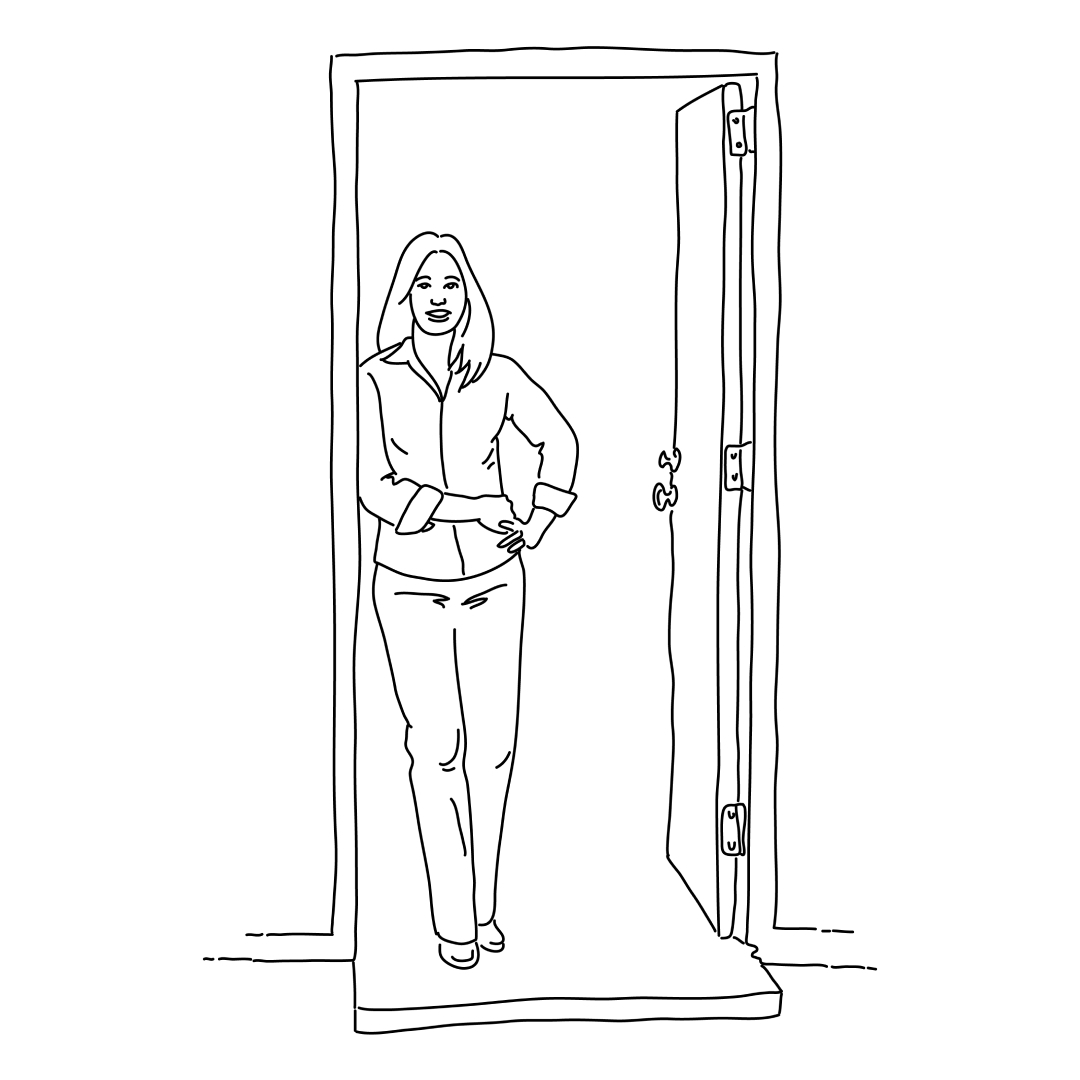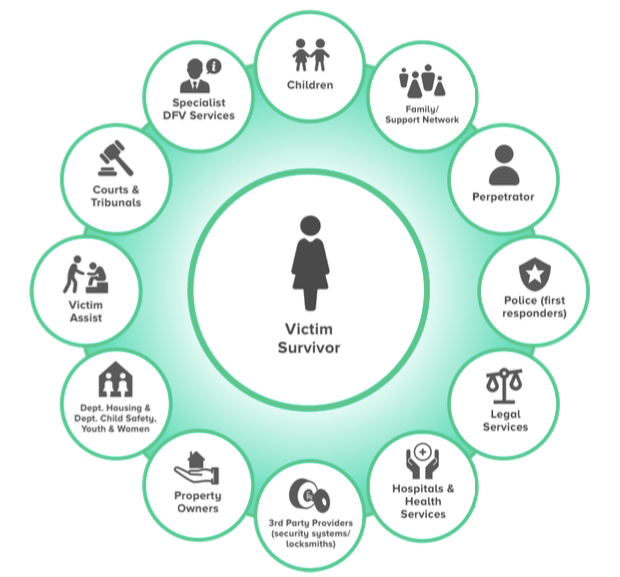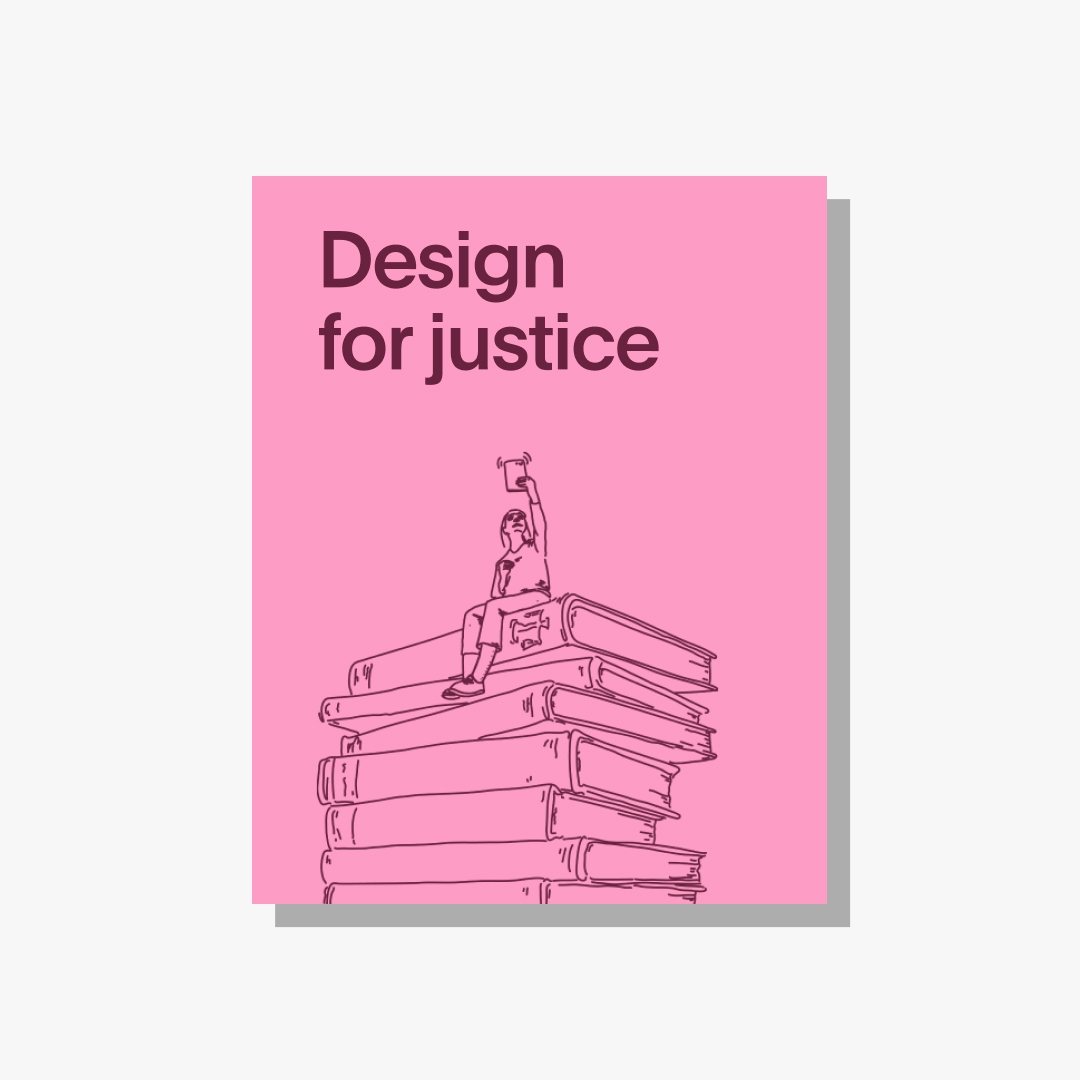
On top of existing trauma, victim-survivors of family violence suffer a significant amount of stress related to the justice process, from crisis support and applying for an intervention order to seeking assistance afterwards.
For example, they’d often prefer to stay in their own homes, but this isn’t always possible or safe. The Queensland Department of Child Safety, Youth and Women engaged Portable to bring together a disparate group of stakeholders to explore how design thinking methods could improve the experience of victim-survivors and inform policy directions throughout the state.
The expertise used in this project included:
- Co-Design
- Service Design
- User Research
- We began examining how domestic and family violence services might be delivered in a better way by introducing the process of human-centred design to the Department and its stakeholders as a way to imagine what future services for women in Queensland could look like.
- Of major importance to the project was the unique opportunity to bring together stakeholders from a diverse and disparate group of sectors and viewpoints. Participants included representatives from Victim Assist Queensland, the Department of Housing, Queensland Police Service, SMS Security, the Office for Women, the Department of Child Safety, Youth and Women, domestic and family violence services, and private landlords.
- With all these parties in the room for possibly the first time ever, Portable designed and facilitated a series of co-design workshop sessions to answer questions like how we might best bridge gaps between crisis response and ongoing support services, how we might deliver services more consistently across the state, and how we might make this new model sustainable. We then refined the array of insights that were discovered in order to help the Department better understand and plan future initiatives.

Outcomes and benefits:
- The Department and other stakeholders gained an awareness of human-centred design and how it can benefit the design of services.
- Based on the insights from participants, Portable delivered an in-depth report with six key recommendations for the Department to explore, including ways to ensure the voices of victim-survivors are incorporated into policy design and service provision.
- The report included tools that will aid stakeholders in understanding and empathising with victim-survivors and the complex network of parties involved, such as empathy maps and needs statements for victim survivors, as well as process maps and problem-framing documents.
The process of capturing, synthesising and reporting insights from the co-design process is helping to inform the Department of Child Safety, Youth and Women about where its future priorities lie.
Download our report on designing for justice
